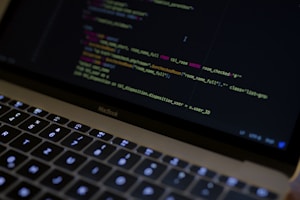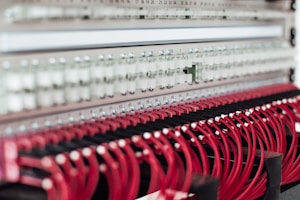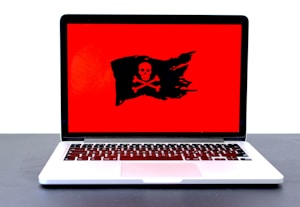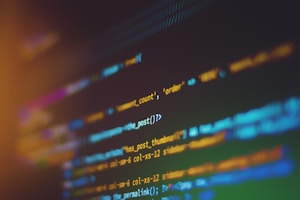Workers at the premises of a business make use of desktop computers, which they use to carry out their daily business activities such as keeping track of transactions and approving so many other aspects of keeping the business running. These systems are also used to work with information, and whenever the worker needs to move information from one computer to another when there is an issue with the local network, they will be likely to use flash drives to do this. This increases the risk of the system getting infected by viruses.
With the risk comes the need for regularly scanning for viruses to clean up the local systems and preserve the integrity of the information used on these systems. The local systems are designed to operate on information, and the system’s performance will usually be determined by the kind of computer applications running on the system. The viruses that make their way into the applications are a danger to the entire system’s health.
They can damage the system, deleting files, and modifying the information on these systems. This is why many business promises make an effort to install antivirus applications on their local computers to keep infections out of the way and secure the systems and all the applications running on it. The local system that has got an antivirus application installed on it will also perform better as the code will not be affected by the virus. This will usually signify that the applications will be running properly.
This will also ensure that the information and data used on the local system do not become corrupted, making it possible to have accurate information driving the company, business, or organization using local systems at their premises. The virus checks are also done on all the forms of storage connected to the system at one time or the other to ensure that new infections are rooted out before they can become malignant and cause further damage to the applications installed on the system.
The users of the information systems and the applications on the local systems are encouraged to ensure that the device they intend to use to move information is first scanned to get rid of viruses and ensure that the movement of information takes place safely and transparently, which will be a good way to keep the system clean and operating without any hitches.
The system administrator should also set aside some time to run a general scan on the entire system to root out malware and other naughty applications that might interrupt the proper processing of information and, in some cases, interrupt normal business operations. Additionally, the systems that have regular scans for viruses will provide safe information processing to the users for much longer, which is beneficial for the company or business using the system.











